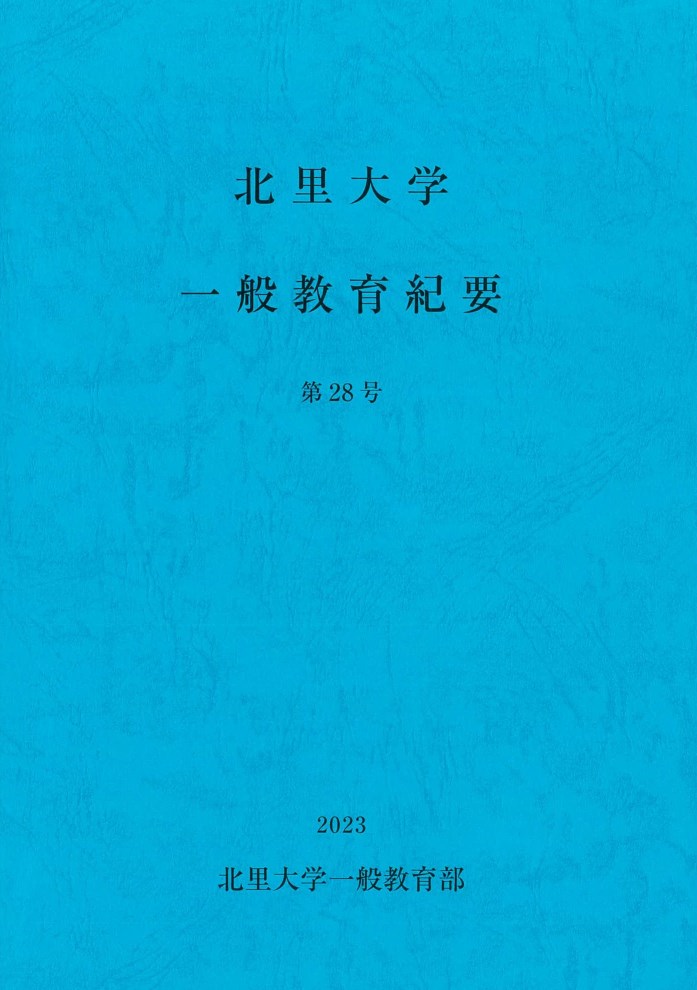Current issue
Displaying 1-10 of 10 articles from this issue
- |<
- <
- 1
- >
- >|
Research Articles
-
Article type: Research Articles
2023 Volume 28 Pages 1-26
Published: March 30, 2023
Released on J-STAGE: September 25, 2023
Download PDF (569K) -
Article type: Research Articles
2023 Volume 28 Pages 27-43
Published: March 30, 2023
Released on J-STAGE: September 25, 2023
Download PDF (13703K) -
Article type: Research Articles
2023 Volume 28 Pages 45-60
Published: March 30, 2023
Released on J-STAGE: September 25, 2023
Download PDF (535K) -
Article type: Research Articles
2023 Volume 28 Pages 61-77
Published: March 30, 2023
Released on J-STAGE: September 25, 2023
Download PDF (585K) -
Article type: Research Articles
2023 Volume 28 Pages 79-100
Published: March 30, 2023
Released on J-STAGE: September 25, 2023
Download PDF (613K)
Case Reports
-
Article type: Case Reports
2023 Volume 28 Pages 101-121
Published: March 30, 2023
Released on J-STAGE: September 25, 2023
Download PDF (2984K) -
Article type: Case Reports
2023 Volume 28 Pages 123-149
Published: March 30, 2023
Released on J-STAGE: September 25, 2023
Download PDF (12559K)
Action Research
-
Article type: Action Research
2023 Volume 28 Pages 151-162
Published: March 30, 2023
Released on J-STAGE: September 25, 2023
Download PDF (407K)
-
2023 Volume 28 Pages 163-
Published: 2023
Released on J-STAGE: September 25, 2023
Download PDF (89K) -
2023 Volume 28 Pages 164-166
Published: 2023
Released on J-STAGE: September 25, 2023
Download PDF (135K)
- |<
- <
- 1
- >
- >|
